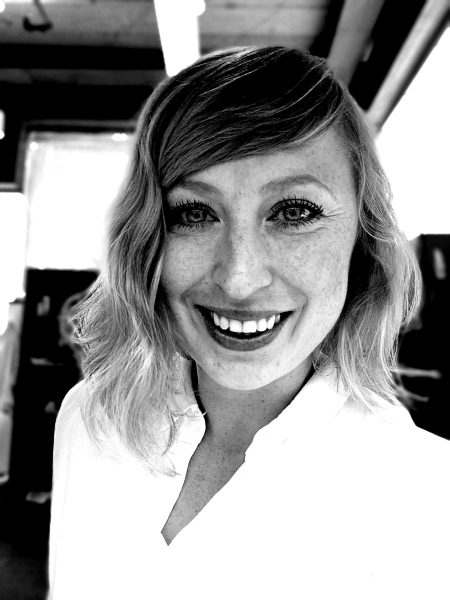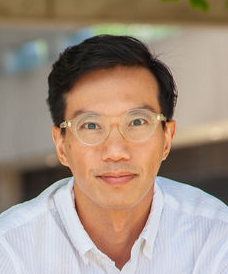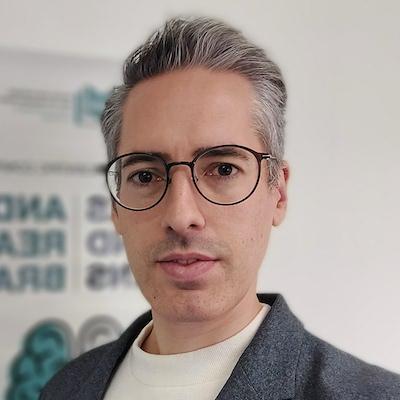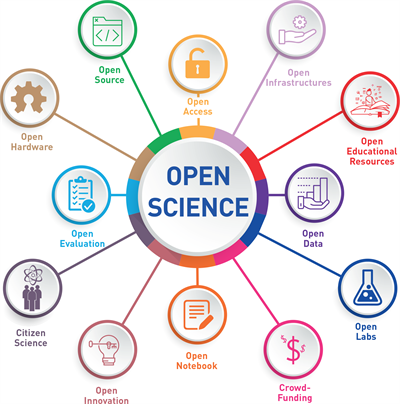About Event
In line with the theme of the 2022 conference, Franziska Hartung, Raymond Mar and Federico Pianzola will coordinate a training school on the topic of Open Science.
The aims of the Training School are to teach early career researchers the basics of Open Science. Open Science is a movement devoted to making scientific research replicable, accessible, transparent, and open to evaluation by others. We will be covering issues as varied as preregistration, open access publishing, repositories for data and materials, and data management and reproducibility. The participants will learn about data management plans and the FAIR (Findability, Accessibility, Interoperability, Reuse) principles, along with online services like GitHub and OSF.io. During the training school attendees will have the chance to apply Open Science principles to their own projects through hands-on sessions.
Application
If you want to participate, please send your application to Rocío Riestra-Camacho at igeltraining [at] gmail [dot] com before May 30th June 10th.
Your application should include:
• Your personal information (name, affiliation, research area/interest, and whether you are a PhD student, a Postdoc or other).
• A brief motivation letter in which you explain why you would like to participate in the training school (200 words max.).
• A brief description of a past project in which you have worked (if you don’t have previous experience, this is not needed) plus a brief description of a research project you would like to develop over the course of the training school (400 words max.)
Notification of acceptance will be given by June 10th 15th.
You can use the above email address if you have any questions about the training school or the application procedure.
Event Speakers

Franziska Hartung
Cognitive neuroscientist and experimental psychologist at Newcastle University, UK.

Raymond Mar
Dept. of Psychology, York University, Toronto, Canada.

Federico Pianzola
Assistant Professor in Computational Humanities, University of Groningen, The Netherlands.
